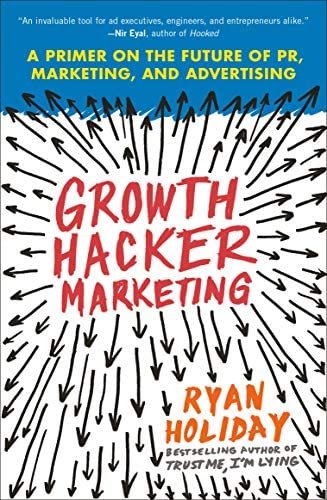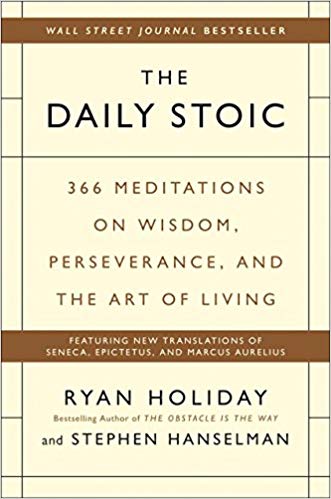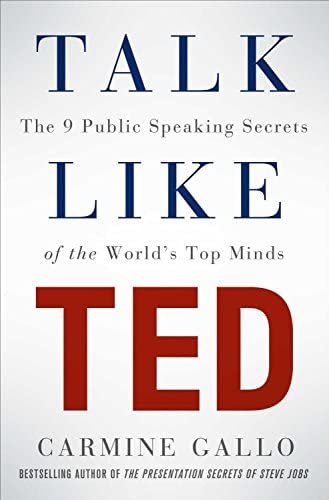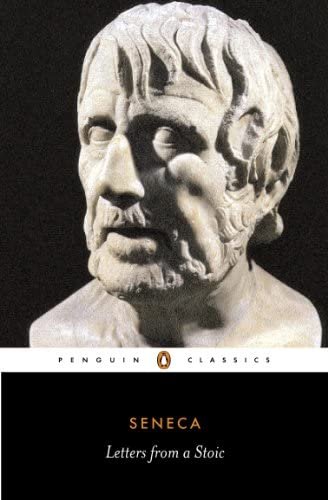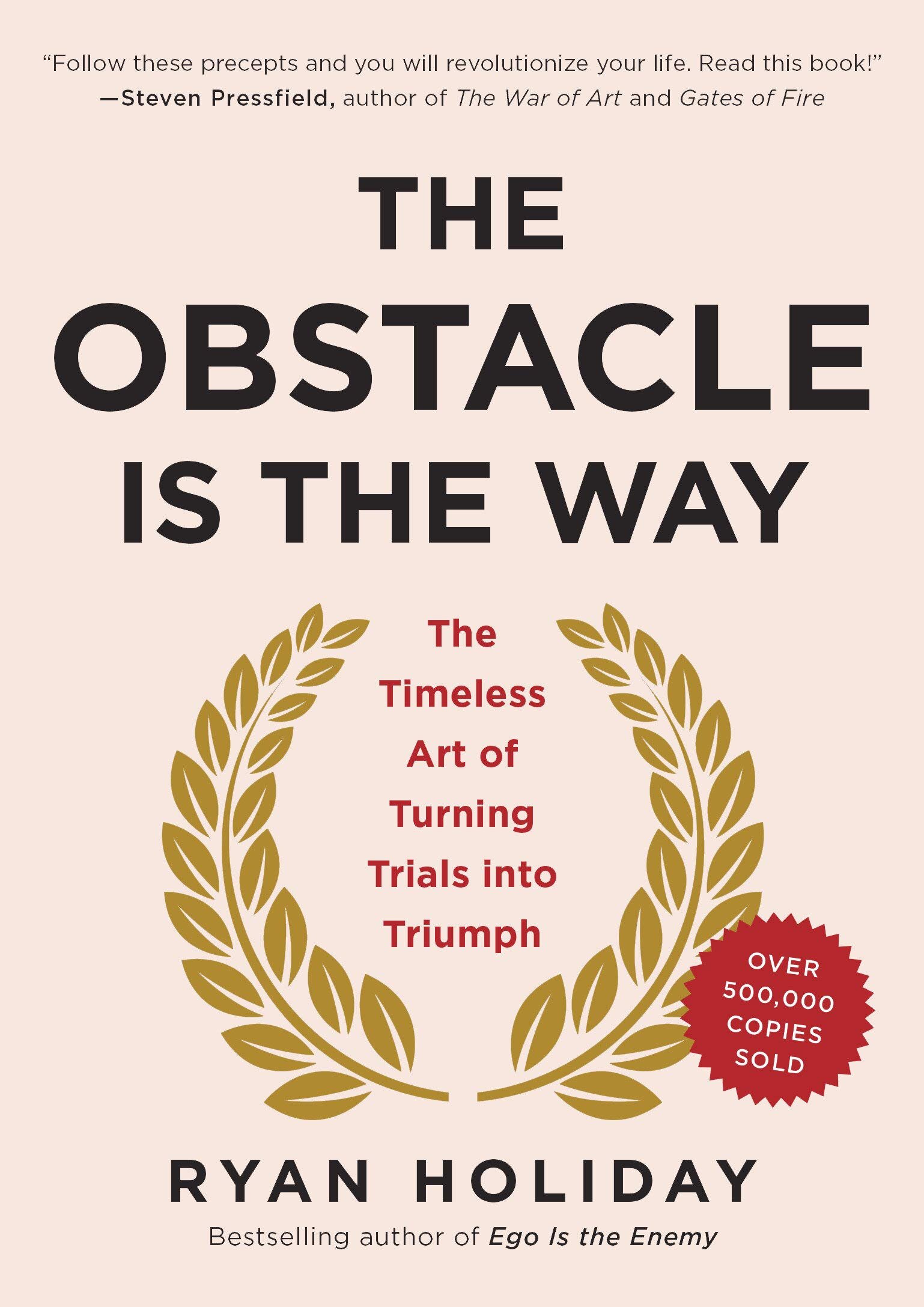The Investor's Manifesto: Preparing for Prosperity, Armageddon, and Everything in Between – William J. Bernstein
Date Read: 7/5/17. Recommendation: 8/10.
Champions an investment strategy focused on low-cost index funds that track the market, rather than attempting to guess on individual stocks. This is a must-read when it comes to investing. And it's not a massive encyclopedia. Bernstein offers a more rational approach to investing by detailing historic returns of various asset classes, the importance of diversification, and why you must play the long game if you have any hopes of coming out ahead.
See my notes below or Amazon for details and reviews.
My Notes:
"In the past, stocks have had high returns because they have been really risky. But stocks are now so expensive that there are only two possibilities: either they are going to fall dramatically in price and then have higher returns after that (in which case investors are stupid for paying such high prices now), or there will be no big fall in price and little risk, but returns hereafter will be permanently low (in which case investors are smart). So which is it?
Diversification among different kinds of stock asset classes works well over the years and decades, but often quite poorly over weeks and months.
Investment wisdom, however, begins with the realization that long-term returns are the only ones that matter. Investors who can earn 8 percent annualized return will multiply their wealth tenfold over the course of 30 years.
Using historical returns to estimate future ones is an extremely dangerous exercise.
In the past, investors could expect only low returns when investing in safe assets; today this rule applies with a vengeance to Treasury bills, which currently have a near-zero yield.
Investors earn higher returns only by bearing risks–by seeking out risk premiums.
A house is most certainly not an investment, for one simple reason: You have to live somewhere, and you are either going to have to pay for it or rent it. Always remember, investment is the deferral of present consumption for future consumption, and if anything qualifies as present consumption, it is a residence. Further, if you pay for one in cash, then you are spending capital you could otherwise invest in something else.
How much does the price of a home rise over time? The best data on house prices suggest that, after taking inflation into account, the answer is slim to none.
Real house prices in the United States did not rise at all between 1890 and 1990.
If you own the house outright, you are tying up a large amount of capital you could profitably invest elsewhere, and the imputed rent, or use of the house, is your reward for doing so. On the other hand, if you have the ability to pay for a house outright but choose instead to rent, your unspent capital can earn a return in other assets, such as stocks and bonds.
The opposite reasoning applies if you cannot afford to purchase the house outright, but instead require a mortgage. By choosing to rent instead of own, you substitute rent payments for mortgage payments. True mortgage payments, at least early on, are largely deductible, but the advantage is more than offset by the catastrophic risk of default and repossession you take on with a mortgage.
Home ownership is not an investment; it is exactly the opposite, a consumption item. After taking into consideration maintenance costs and taxes, you are often better off renting.
A good rule of thumb is never, ever pay more than 15 years fair rental value for any residence. This computes out to a 6.7% (1/15th) gross rental dividend, or 3.7% after taxes, insurance, and maintenance.
Imputed rent does have one real advantage over the return from stocks and bonds, which is that it is tax-free.
The figure I keep in mind when house shopping is 150: the number of months in 12.5 years. After hearing a realtor's spiel, I will ask, "So, what would this house reasonably rent for?" If the number seems right, multiply it by 150; this will give you an excellent idea of the home's fair market value, above which you are better off renting.
On average the three small categories (growth, mid, value) had higher returns than the three large categories. This is not surprising; after all, small companies have more room to grow than large ones. Further, small stocks are certainly riskier than large ones, as well, since they have less diversified product lines and less access to capital and are more prone to failure.
How do value ("bad") companies tend to outperform growth ("good") companies in the stock exchange, when they manifestly do not in the consumer marketplace? Very simply, because they have to...In order to attract buyers for its far riskier stock, Ford must offer investors a higher expected return than Toyota.
"Efficient Market Hypothesis" (EMH), developed by Eugene Fama, which states, more or less, that all known information about a security has already been factored into its price.* This has two implications for investors: First, stock picking is futile, to say nothing of expensive, and second, stock prices move only in response to new information–that is, surprises. Since surprises are by definition unexpected, stocks, and the stock market overall, move in a purely random pattern.
*There are actually three forms of the EMH: the strong form, which posits that all information, public and private, has already been impounded into price; and the weak form, which posits only that past price action does not predict future price moves.
The implications of the EMH for the investor could not be clearer: Do not try to time the market, and do not try to pick stocks or fund managers.
In the long run, the advantages of the indexed and passive approaches over traditional active stock-picking are nearly insurmountable.
The investor cannot learn enough about the history of stock and bond returns. These are primarily useful as a measure of risk; they are far less reliable as a predictor of future returns.
Four essential preliminaries before making asset allocation decisions: Save as much as you can, make sure you have enough liquid taxable assets for emergencies, diversify widely, and do so with passive or index funds.
The consequences of oversaving pale next to those of undersaving.
Yes, picking a small number of stocks increases your chances of getting rich, but as we just learned, it also increases your chances of getting poor. By buying and holding the entire market through a passively managed or indexed mutual fund, you guarantee that you will own all of the winning companies and thus get all of the market return. True, you will own all of the losers as well, but that is not as important: the most that can vanish with any one stock is 100 percent of its purchase value, whereas the winners can easily make 1,000 percent, and exceptionally 10,00 percent, inside of a decade or two.
Asset allocation process, investor makes two important decisions:
1) The overall allocations to stocks and bonds.
2) The allocation among stock asset classes.
The rosiest scenario for the young investor is a long, brutal bear market. For the retiree, it most definitely is not.
The best time to buy stocks is often when the economic clouds are the blackest, and the worst times to buy are when the sky is the bluest.
The anticipation is better than the pleasure. Researchers have found that the nuclei accumbens respond much more to the prospect of reward than to the reward itself.
Caring, emotionally intelligent people often make the worst investors, as they become too overwhelmed by the feelings of others to think rationally about the investment process.
Advantages of mutual funds:
-Wide diversification
-Transparency of expenses
-Professional management (brokers = used car salesmen, fund managers = advanced degree)
-Protection (Investment Company Act of 1940)
-Ease of execution
The ownership structure of any financial services company ultimately determines just how well it serves its shareholders in the long run. Do not invest with any mutual fund family that is owned by a publicly traded parent company.
In the best of all possible worlds, the fund company has no publicly or privately owned shares and is instead held directly by the mutual fund shareholders. Only one fund company does this: the Vanguard Group.
Each dollar you do not save at 25 will mean two inflation adjusted dollars that you will need to save if you start at age 35, four if you begin at 45, and eight if you start at 55. In practice, if you lack substantial savings at 45, you are in serious trouble. Since a 25-year-old should be saving at least 10 percent of his or her salary, this means that a 45-year-old will need to save nearly half of his or her salary.
The possible adverse consequences of under-consuming in your youth or middle age pale in comparison to the risks of not saving enough for old age.
Retirement: My rule of thumb is that if you spend 2 percent of your nest egg per year, adjusted upward for the cost of living, you are as secure as possible at 3 percent, you are probably safe; at 4 percent, you are taking real risks.
For example, if, in addition to Social Security and pensions, you spend $50,000 per year in living expenses, that means you will need $2.5 million to be perfectly safe, and $1.67 million to be fairly secure.
The best annuity deal available: deferring Social Security until age 70. Waiting until 70 increases by almost one-third the monthly payment you would get starting at age 66...This calculates out to a guaranteed real return from waiting of 8 percent per year.
Dollar cost averaging (DCA): fixed dollar amount is periodically invested in stocks and bonds...Forces investors to invest equal amounts periodically. Lowers the average price paid for their purchases and increases overall returns.
Month 1: $100 purchase at $15/share = 6.67 shares bought.
Month 2: $100 purchase at $5/share = 20 shares bought.
Month 3: $100 purchase at $10/share = 10 shares bought.
*DCA = $8.18/share
Value averaging technique: based on targets.
Month 1: US Total Stock ($100), International ($100)
Month 2: US Total Stock ($200), International ($200)
Month 3: US Total Stock ($300), International ($300)
Month 4: US Total Stock ($400), International ($400)
If US Large Cap fund started Month 3 with $300 in assets, and then fell 10 percent in value over the next 30 days to $270, our saver would have to add $130, not $100, to top it off to $400 at the start of Month 4. Conversely, if international stocks rose by 10 percent to $330 in value, then only $70 must be added.
From time to time, the markets can go stark raving mad...Your primary defense against being swept up in the madness of such periods is a command of the history of the financial markets and the resulting ability to say, "I've been here before, and I know how the story ends."
Never forget that at the level of individual securities, the markets are brutally efficient. Whenever you buy or sell an individual stock or bond, you are likely trading with someone who is smarter and better informed than you are, and who is working harder at it.
The portfolio's the thing; do not pay too much attention to its best and worst performing asset classes.
Investors tend to be too susceptible to the emotional impact of the news and to the fear and greed of their neighbors. The better you can tune out this emotional noise, the wealthier you will be.
Human beings are pattern-seeking primates. Most of what goes on in the financial markets, by contrast, is random noise. Avoid imagining patterns; there usually are none.
Avoid fund companies that are owned by publicly traded parent firms.
You should live as modestly as you can and save as much as you can for as long as you can. Saving too much is not nearly as harmful as saving too little.
Consider tilting toward small and value stocks, since they will likely have higher expected returns than the overall market. Precisely how much you do so depends on the nature of your employment and your tolerance for temporarily underperforming the market for up to several years.


